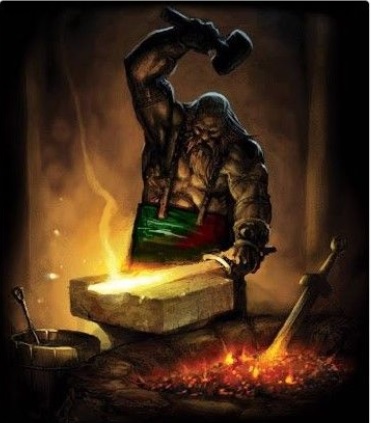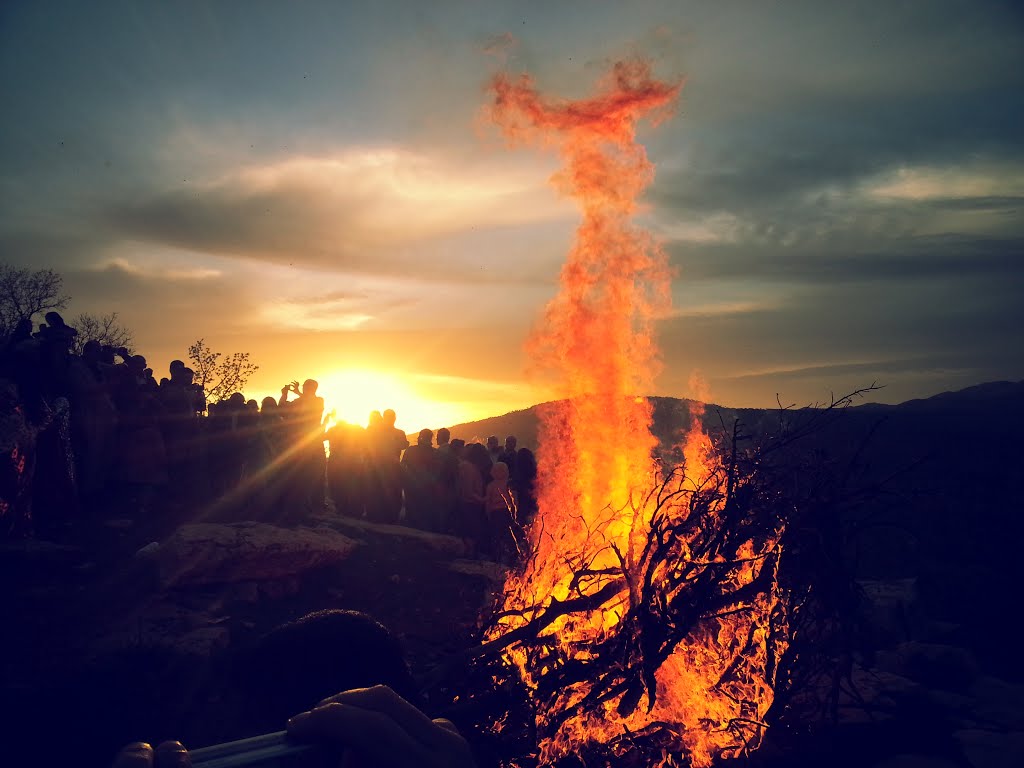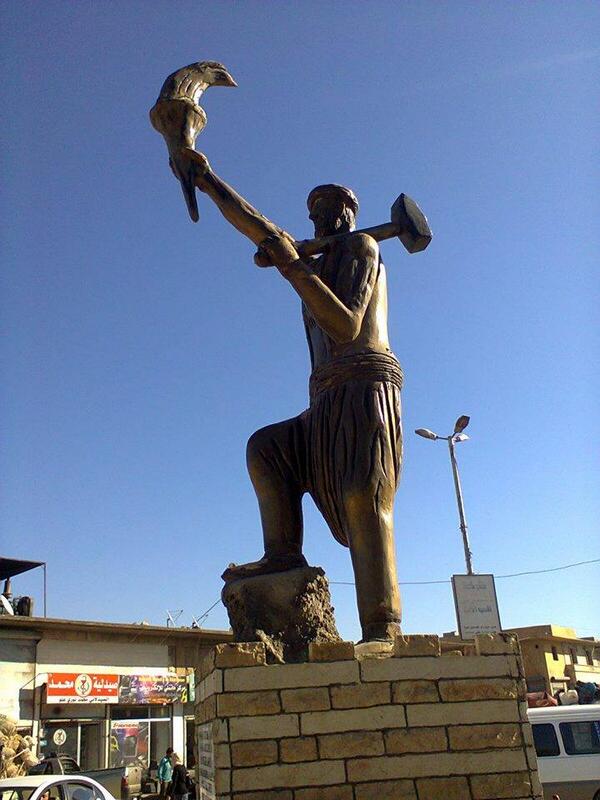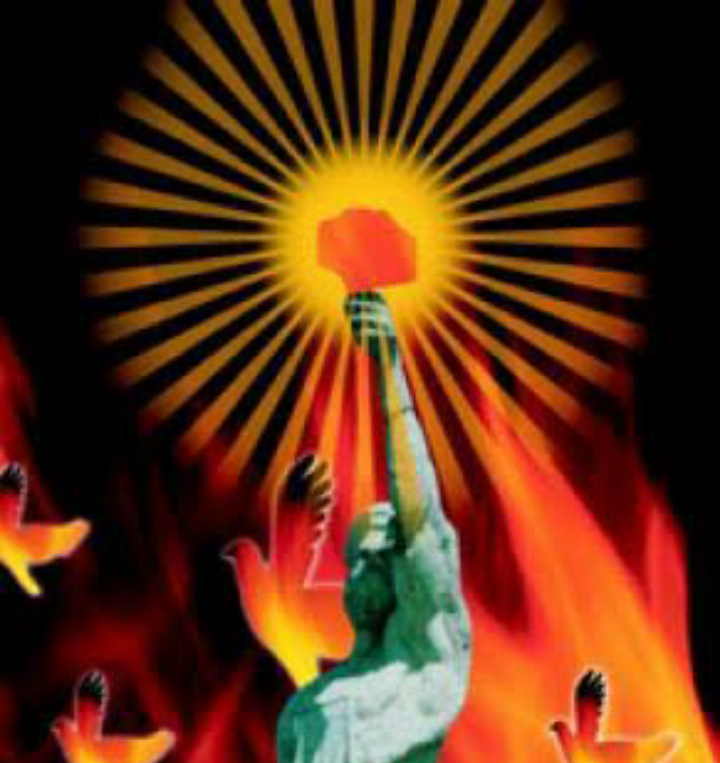Hürmüz sends Zoroaster to represent him in the world and he fills his heart with
love. Zoroaster, on the other hand, presents his sons and daughters to Hürmüz. Ehriman is
jealous of this situation and starts a war with the good who will continue for centuries. To all
the good, to the Zoroastrian descendants and to the good, Media (Northwest Iran) makes life
unbearable. Ehriman sometimes rains fires from the sky, sometimes storms break and persecute
good and good. Eventually, he infuses the hate and evil venom within him into the mind of the
cruel King Dehak and releases him like a plague on the Iranian people. The only thing Dehak
knows is to do evil. While the cruel Dehak sucks the blood of his people, the poison in his
brain turns into a tumor, which makes him fall into the grip of a deadly disease. Dehak writhes
in pain and falls into bed, and can not find a cure for the disease. Doctors of the period
recommend that young and children's brains be applied to the pain in order to relieve the pain
and close the wound and heal the disease.




